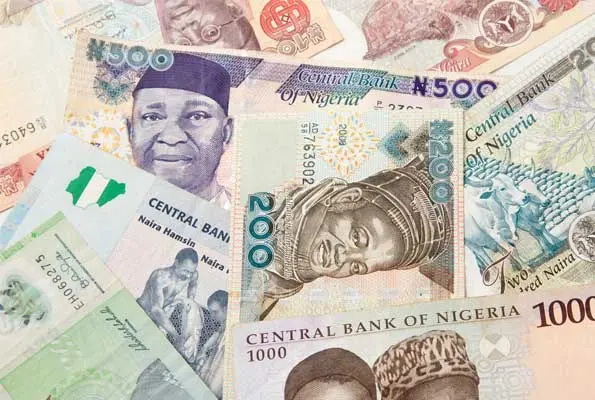Nigeria’s external reserves have decreased by USD 1.65 billion since the Foreign Exchange (FX) unification in June 2023, according to a report by CSL Research, which was based on data on the movement of external reserves acquired from the Central Bank of Nigeria (CBN).
According to the data, external reserves decreased by 5%, from USD 34.12 billion on June 30, 2023, to USD 32.88 billion on December 4, 2023.
The main source of income for the country’s external reserves is the proceeds from the sale of crude oil, even though other sources such as international remittances, foreign currency loans, and earnings from foreign assets also contribute.
The CSL Research study also claims that although oil prices increased in 2022 as a result of the Ukraine war’s effects on the global energy market, Nigeria was unable to profit from the high prices because of a decline in production that was linked to the theft of crude oil and deteriorating infrastructure.
“Once more, the continued existence of subsidies meant that payments for them would climb in tandem with the price of crude oil because the landing cost of refined petroleum would rise in tandem with rising crude prices,” the study noted further.
One of the crucial policies to be implemented to boost FX liquidity was the Bola Tinubu administration’s announcement in June 2023 of the unification of the rates at the various FX windows and the start of a floating-rate FX regime. The black-market rate was used as a reference, closing the gap between the official rates and the black-market rates.
“As the private sector injects more foreign exchange into the economy and the CBN stops intervening in the FX market more forcefully, we had anticipated better foreign exchange liquidity and less strain on the country’s reserves after the FX unification,” the study remarked, while adding, “yet, foreign exchange pressures persist and the CBN has persisted in intervening in the market as another significant gap between the official rate and the parallel market rate has since been created.”
“We have always argued that a focus on rate convergence without structural reforms to increase the supply of FX will be a case of treating the symptoms while ignoring the underlying cause of the problem, which is an acute shortage of supply amidst a growing demand for FX,” it concluded.



